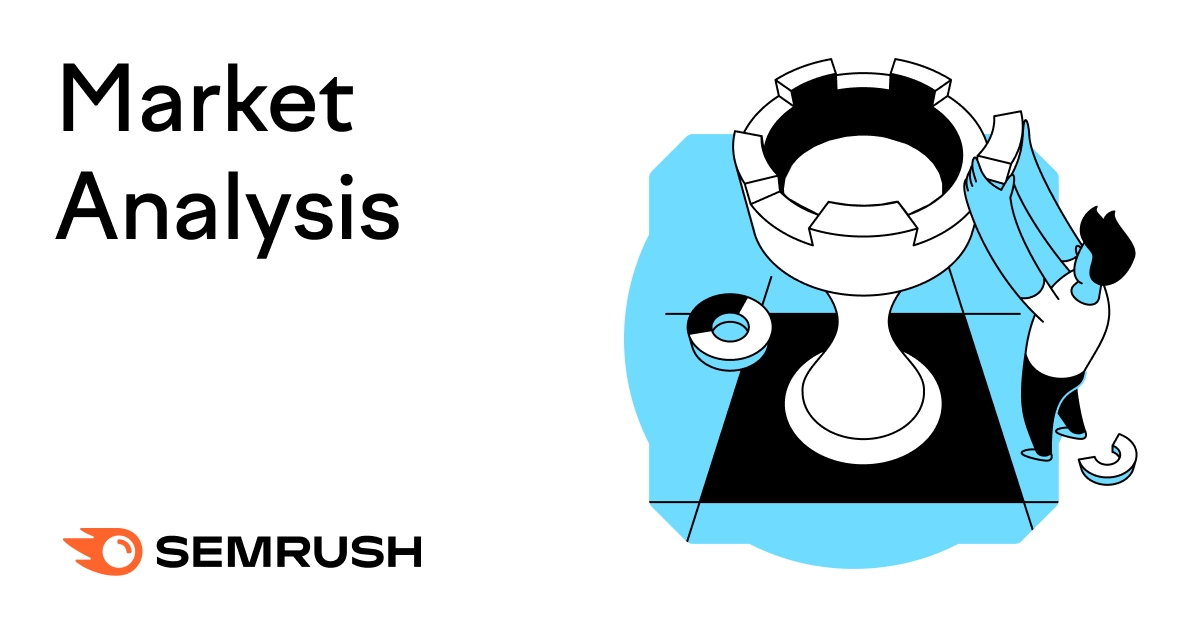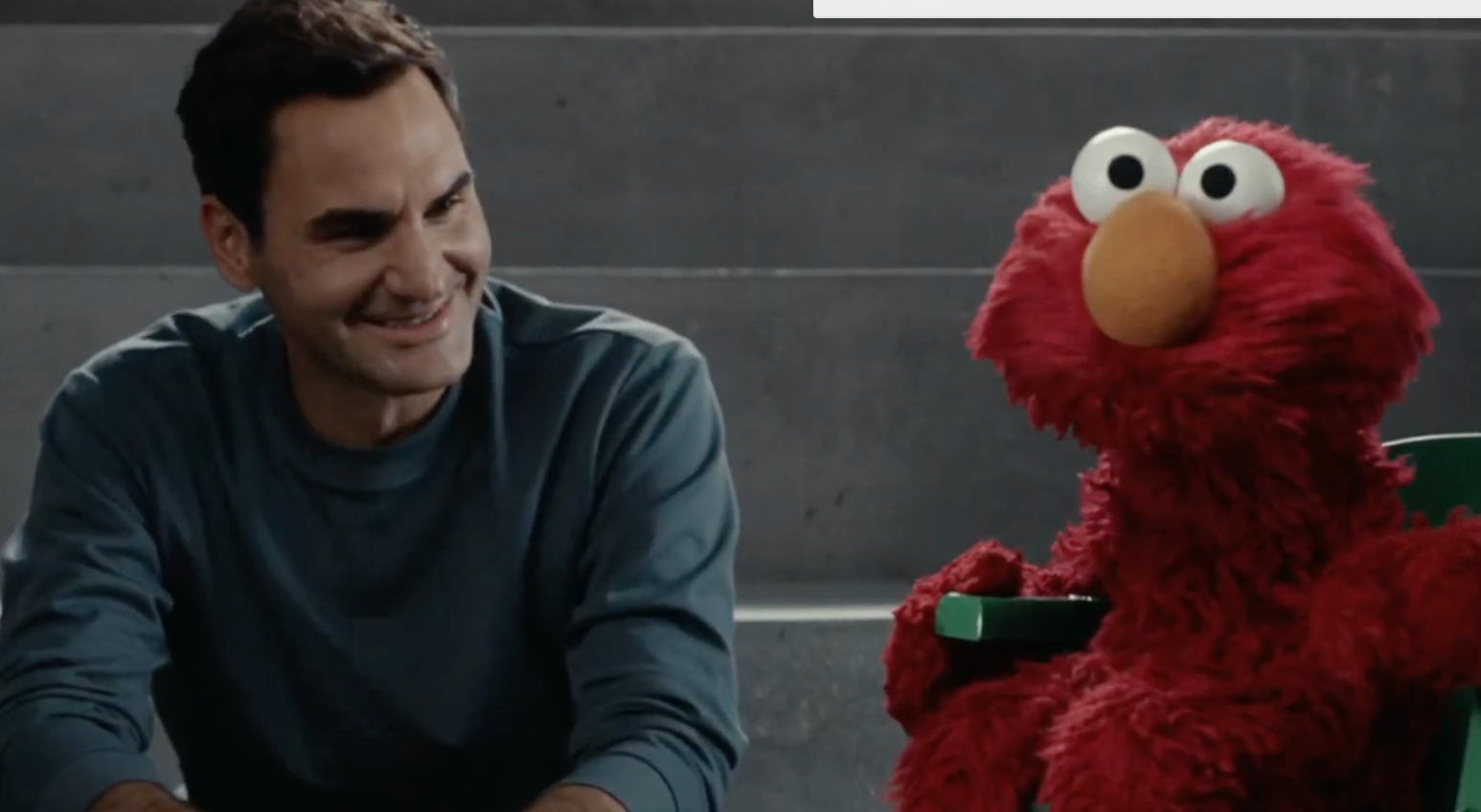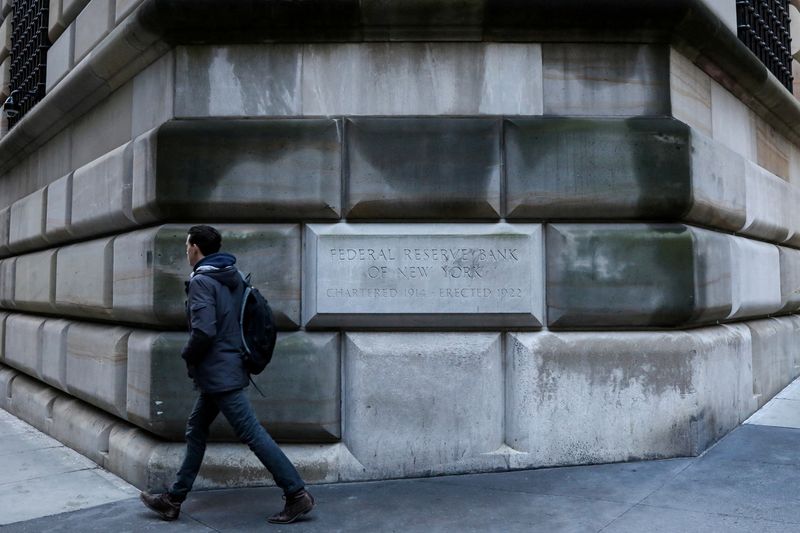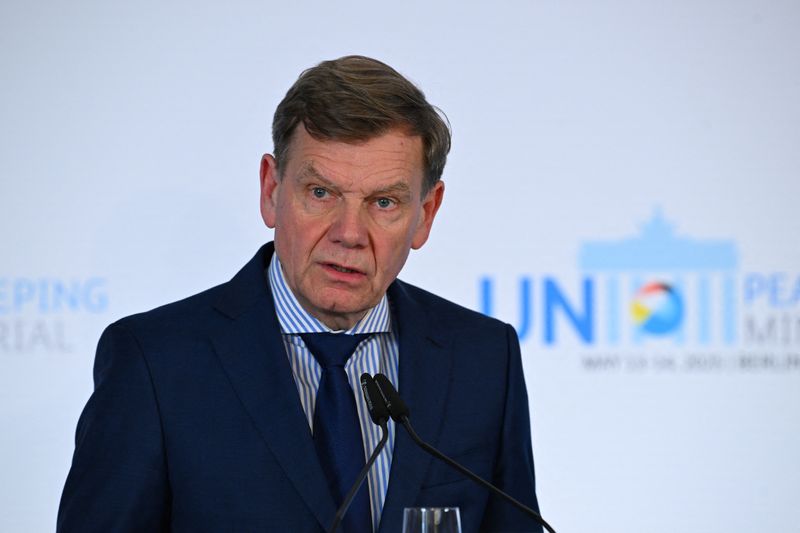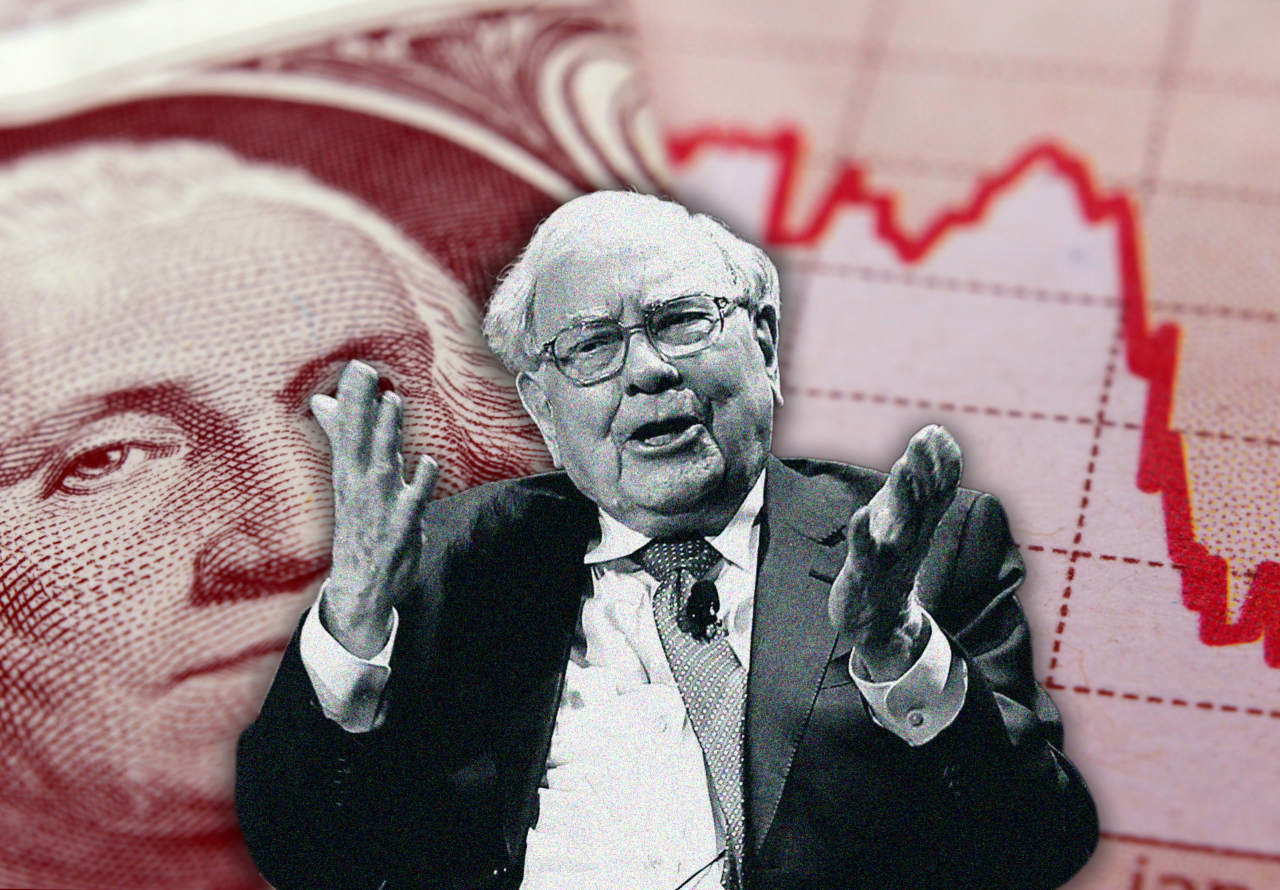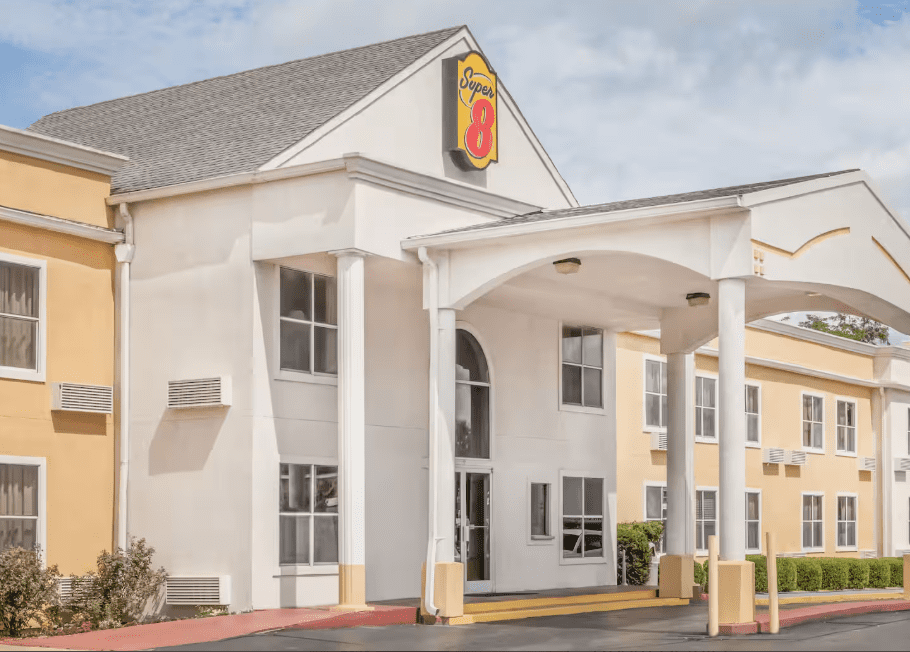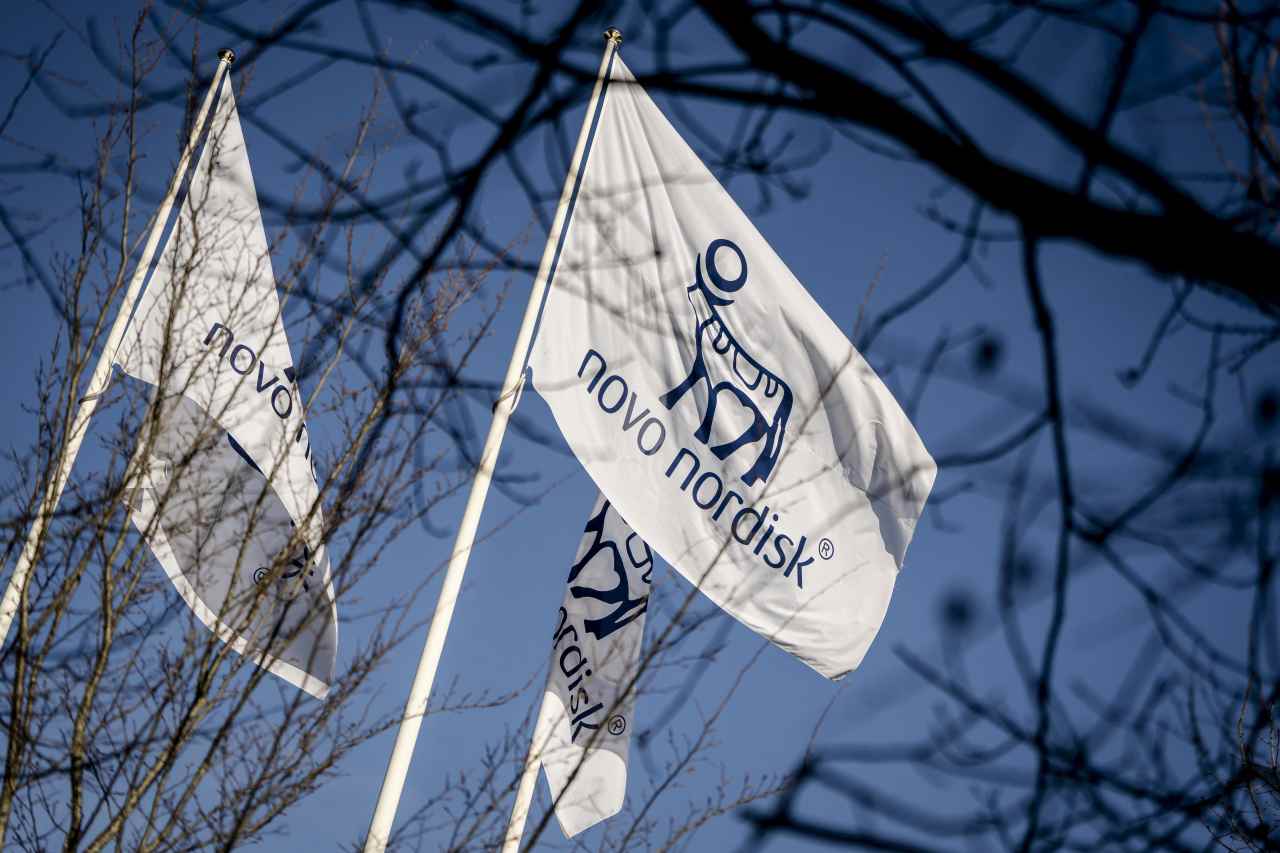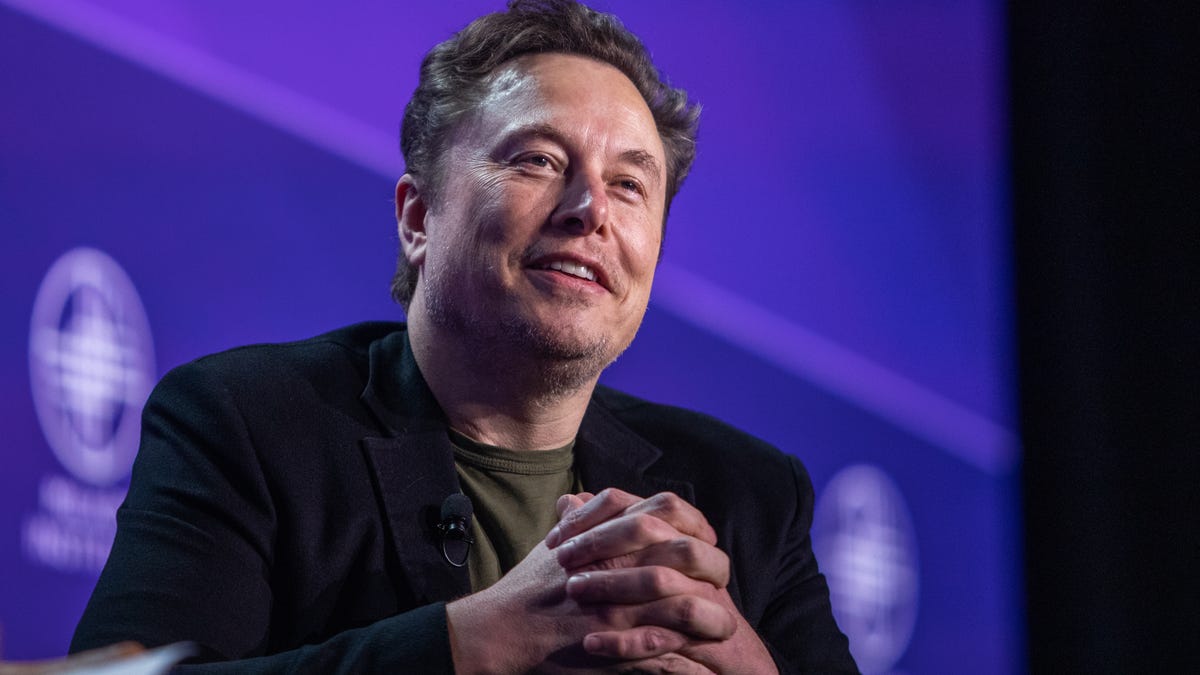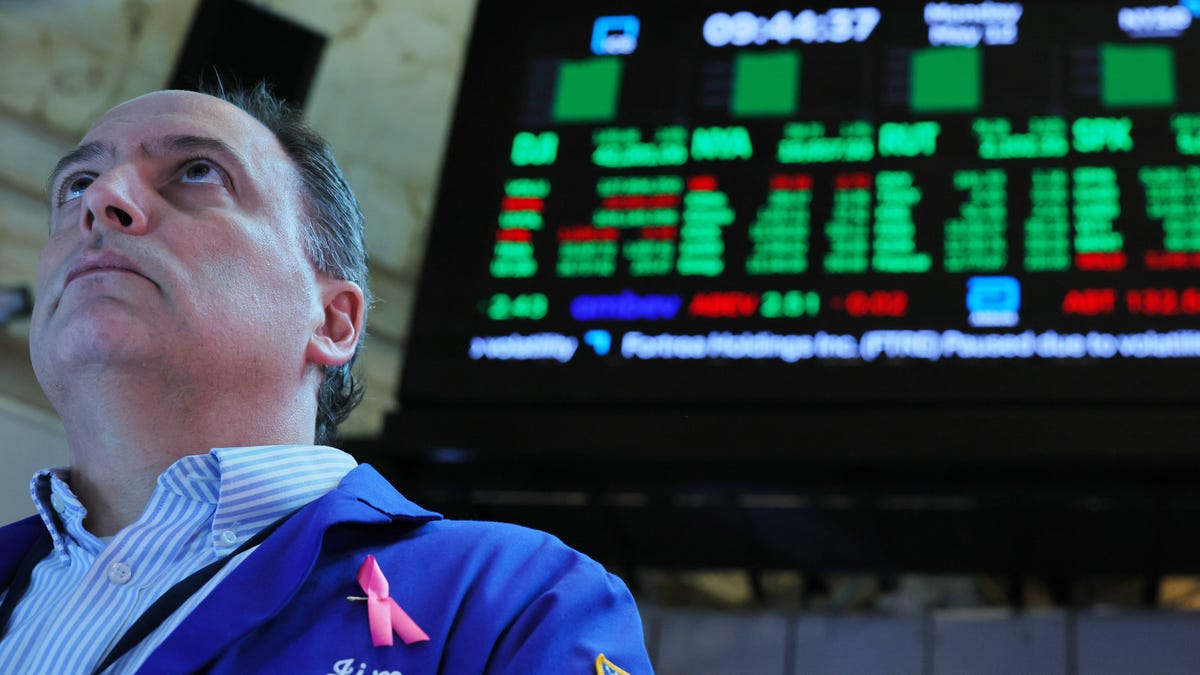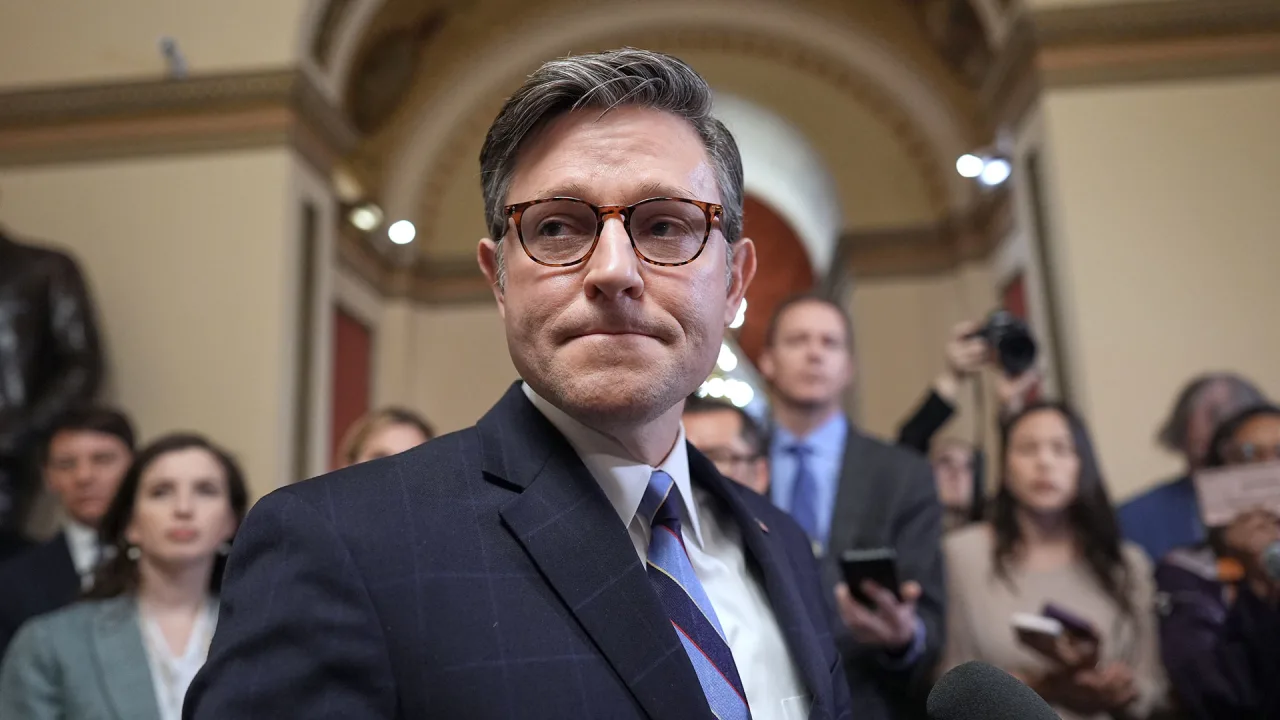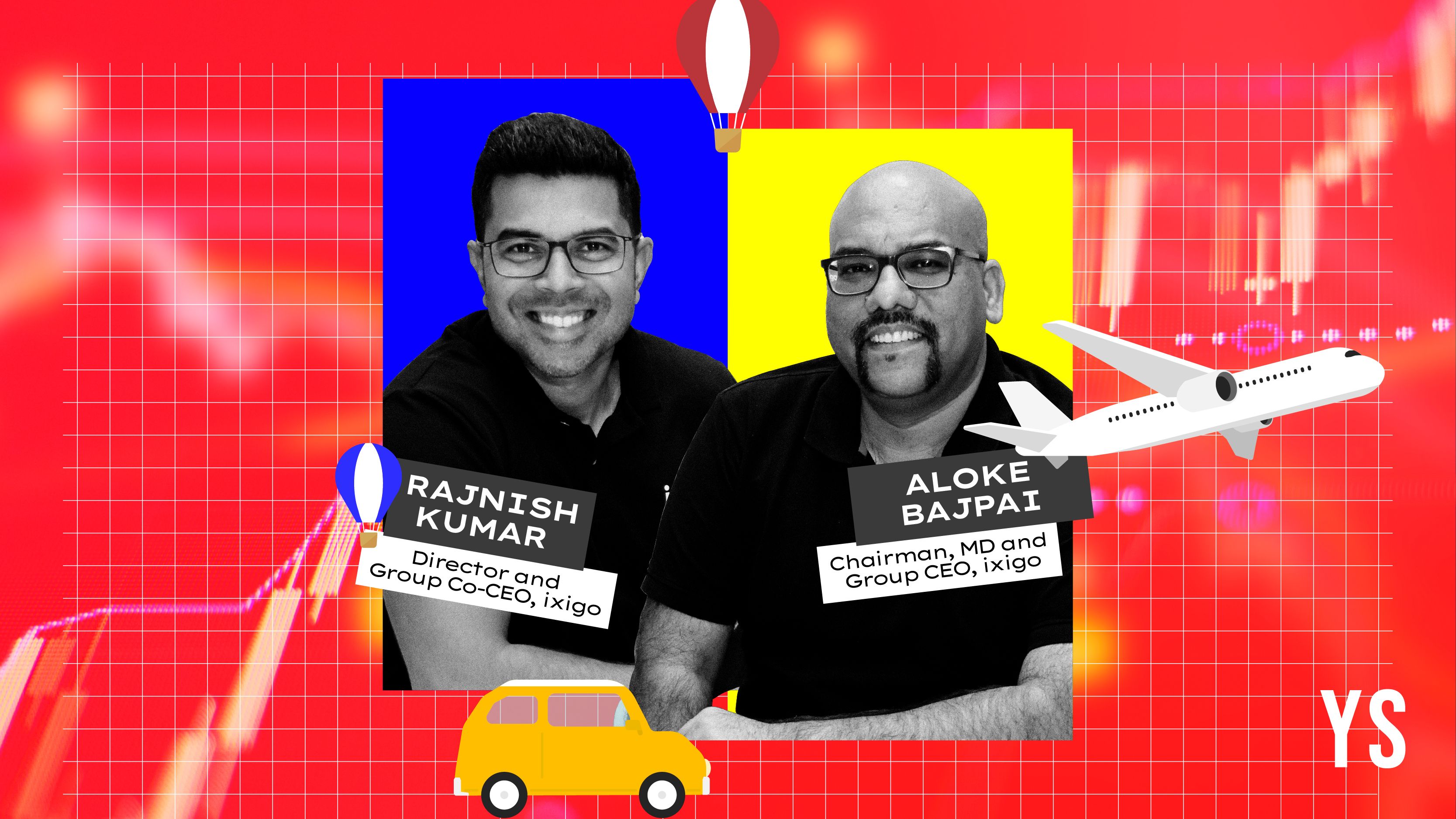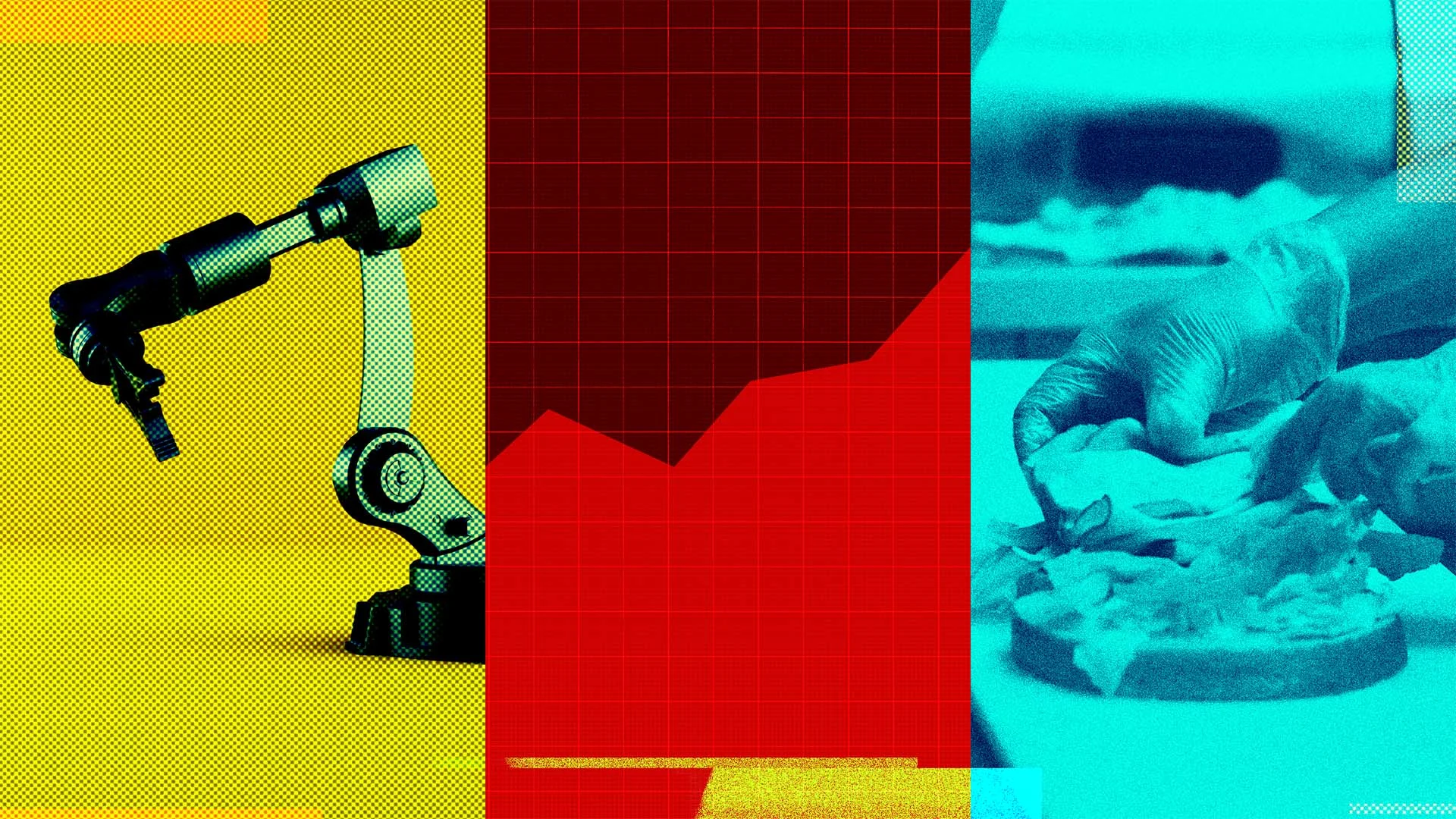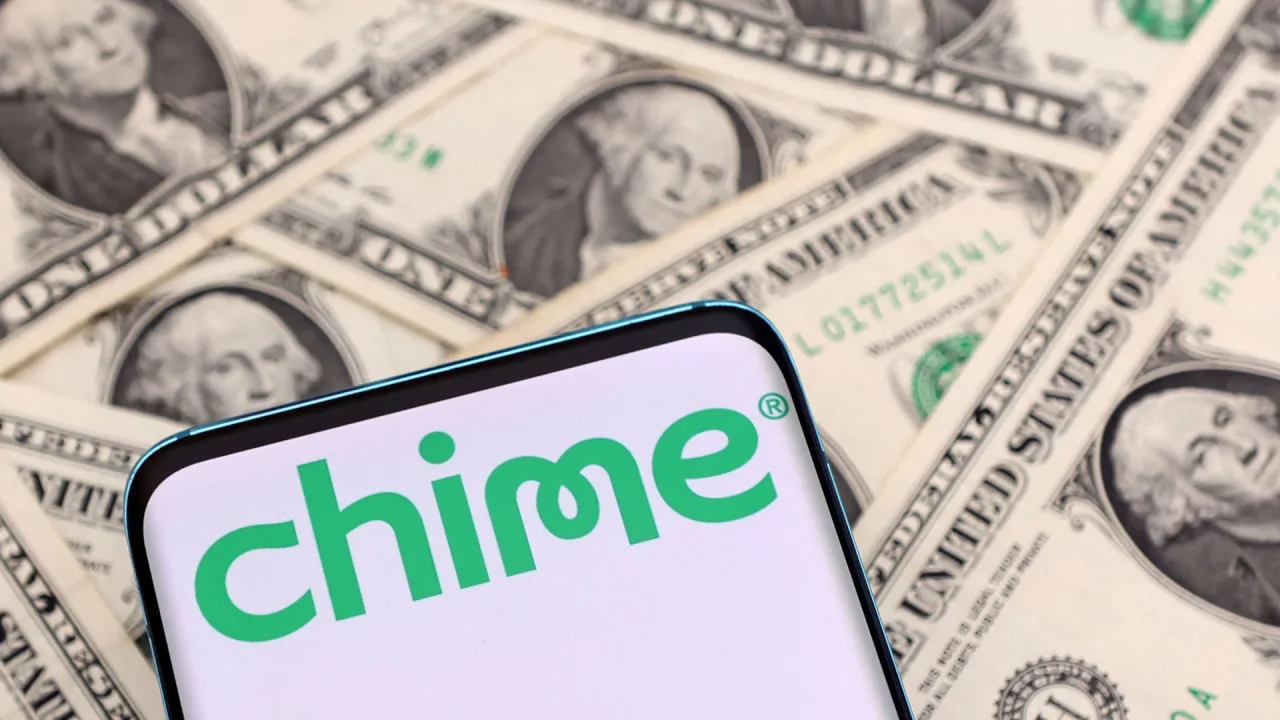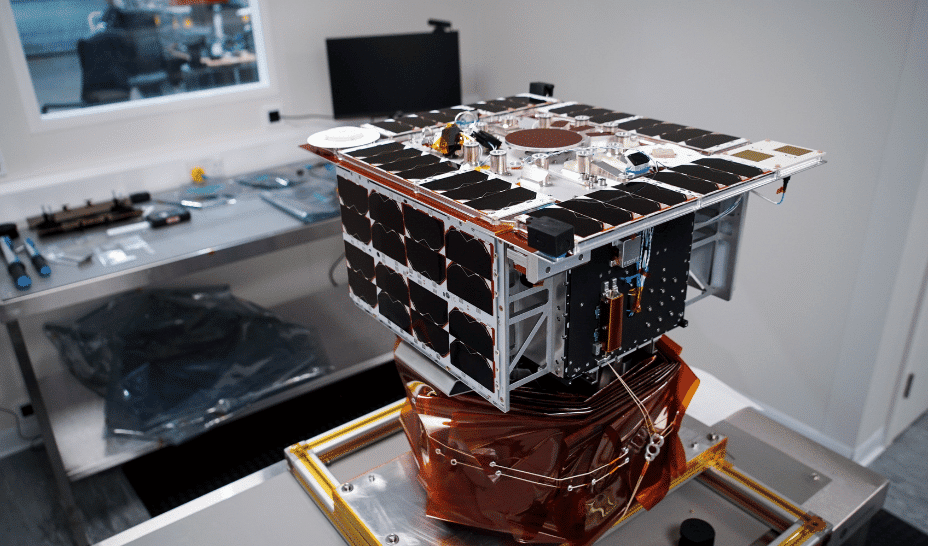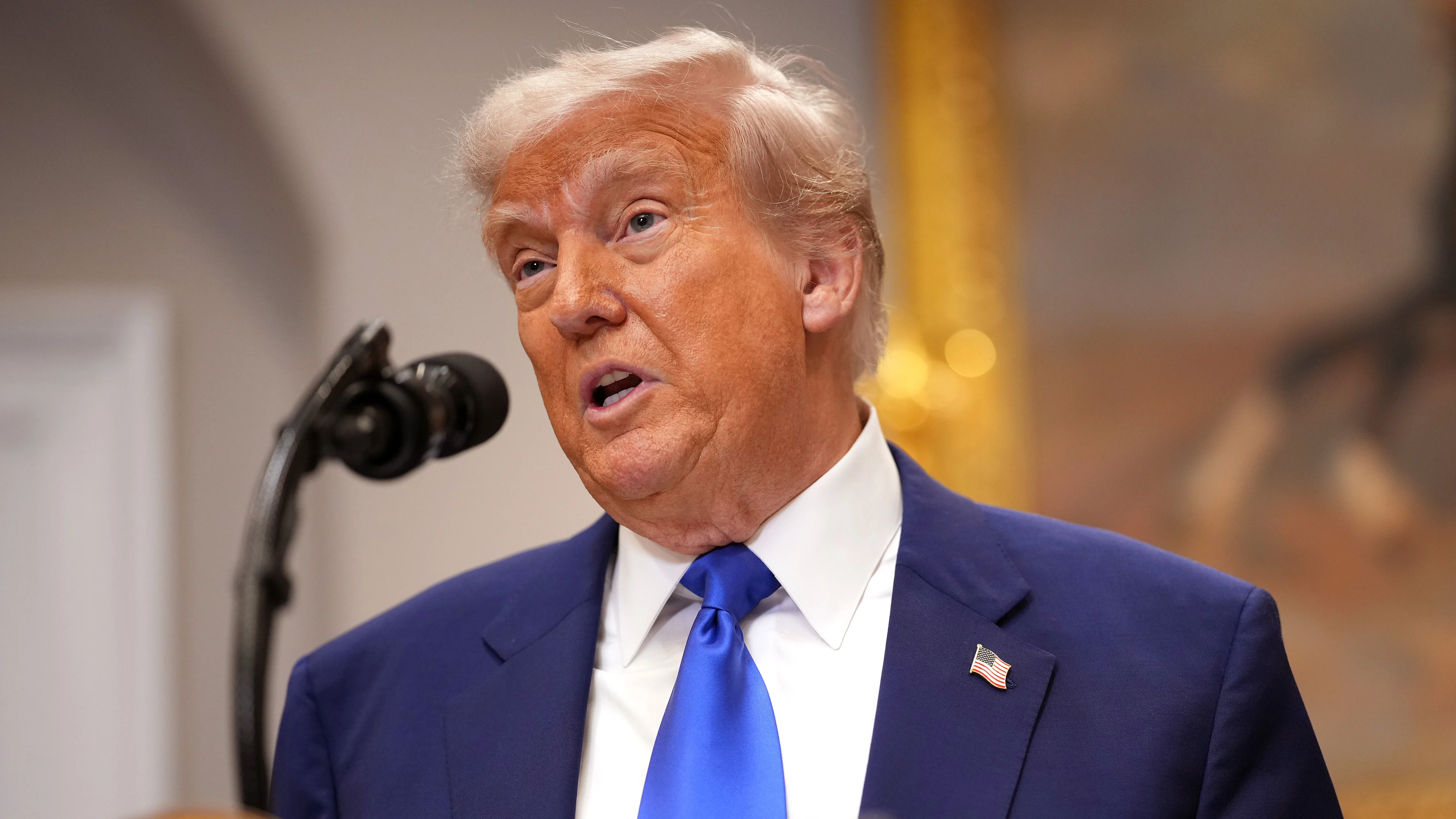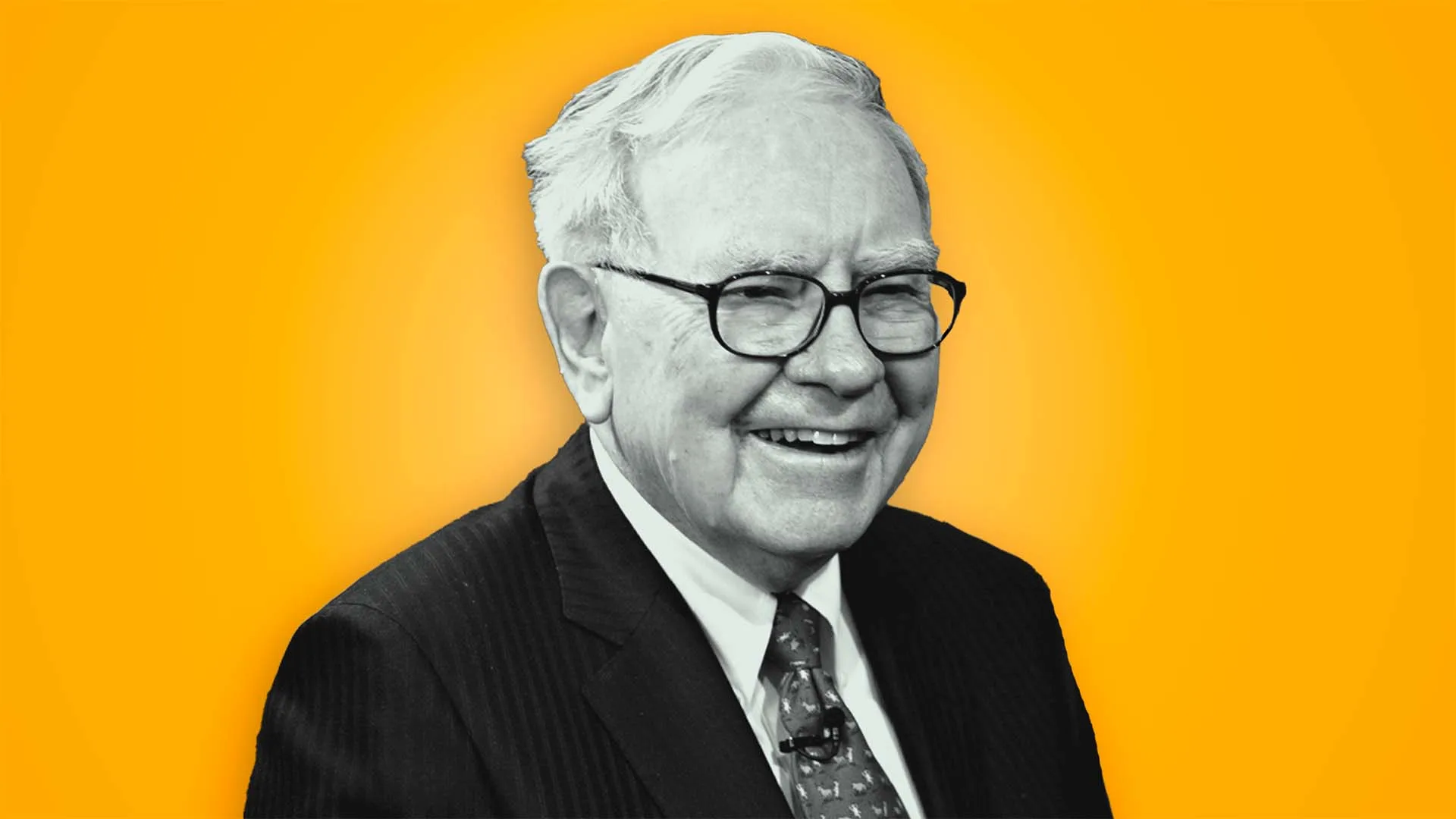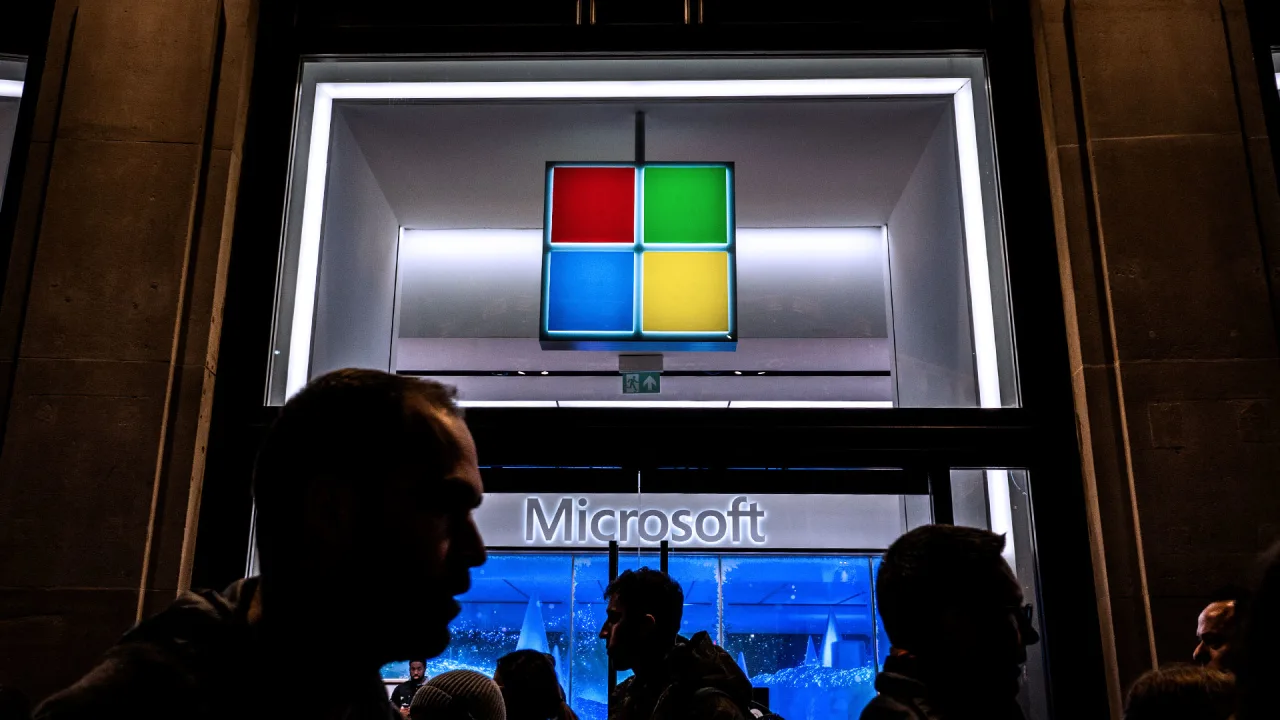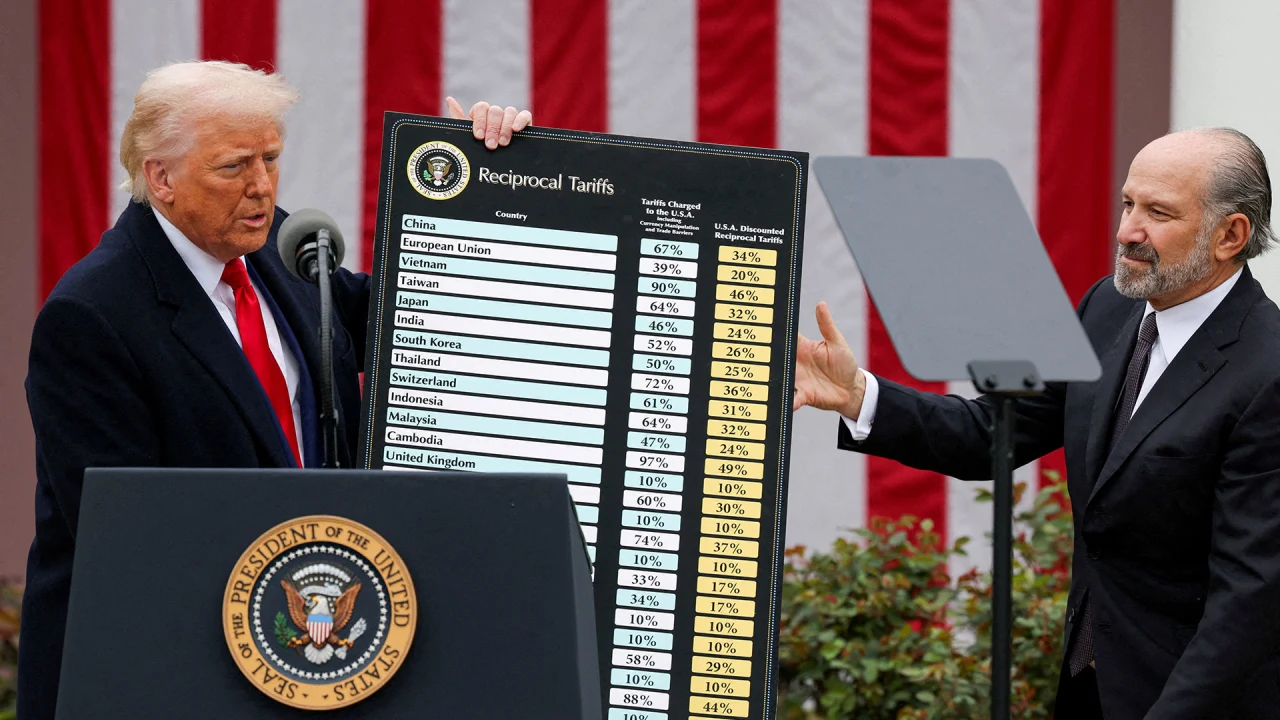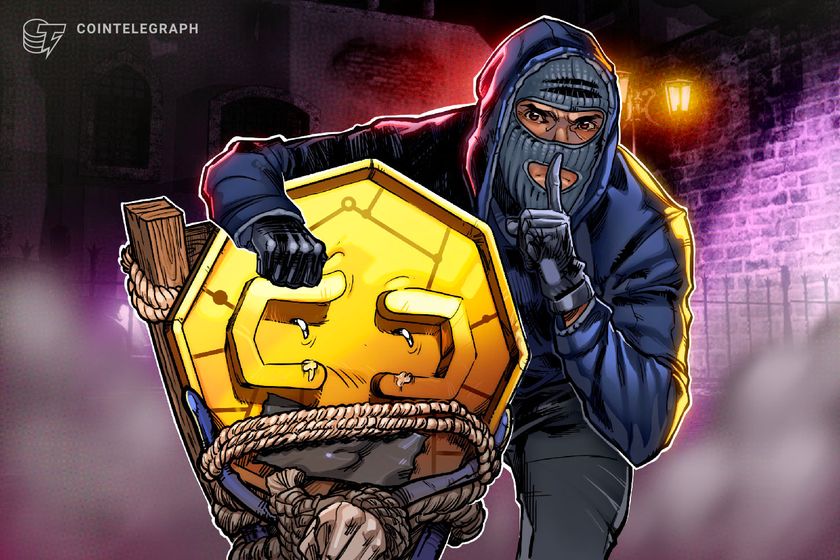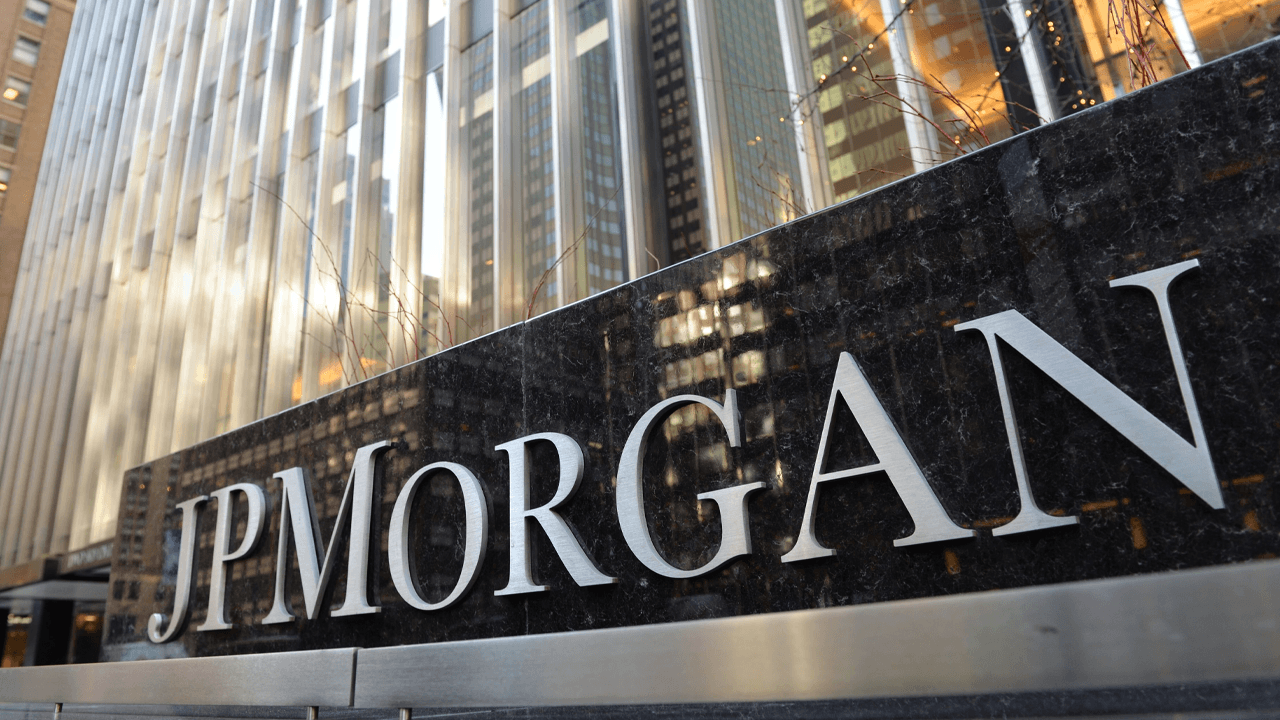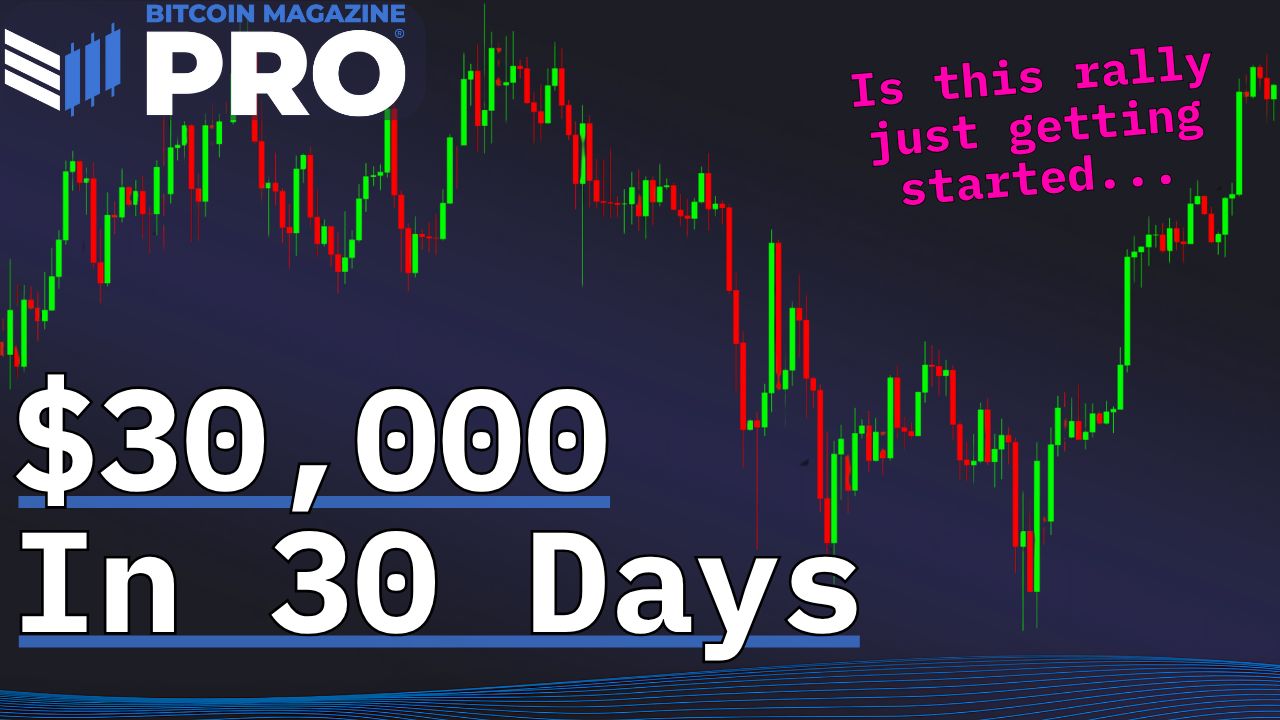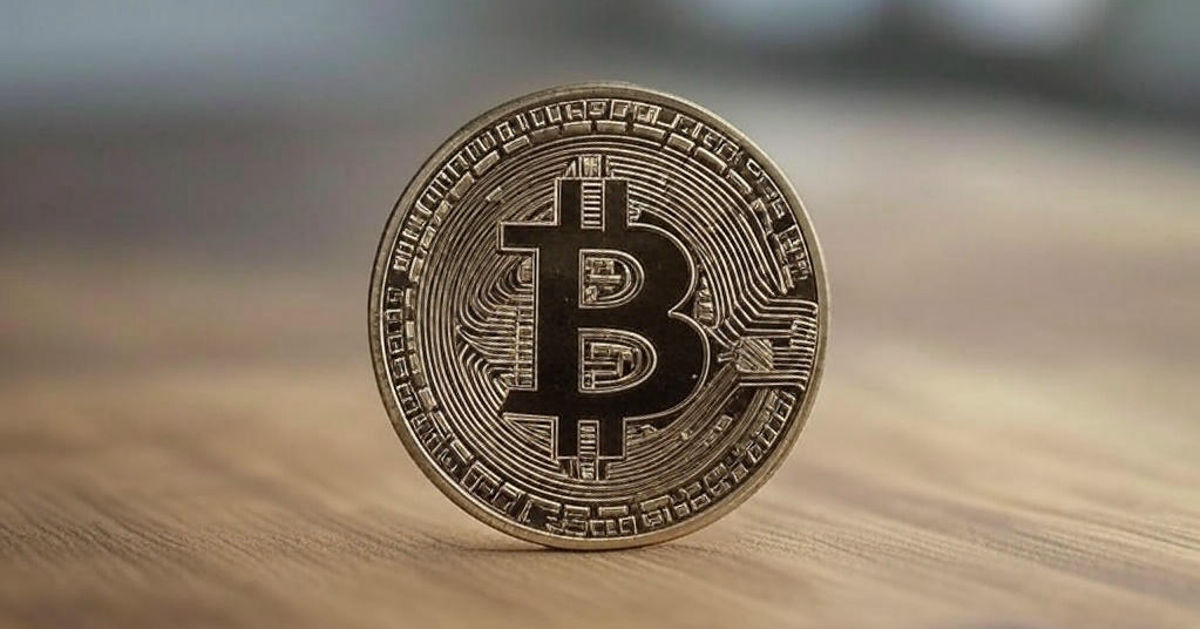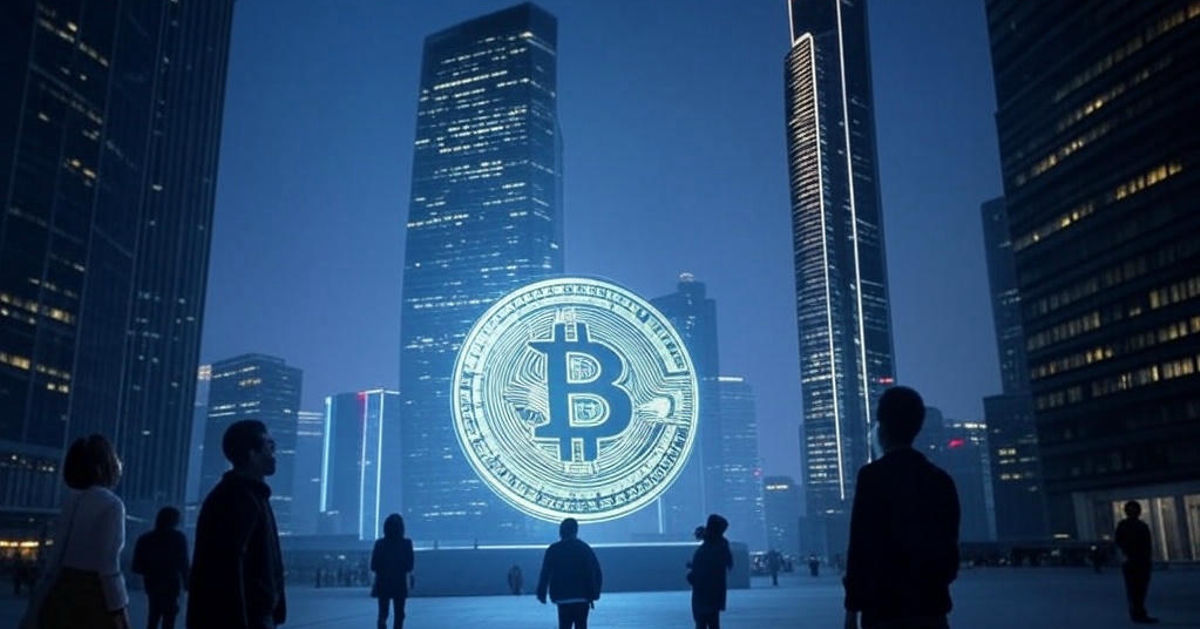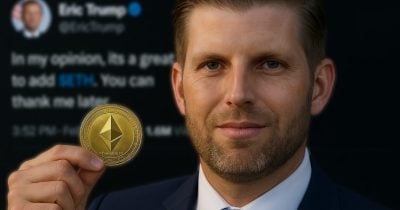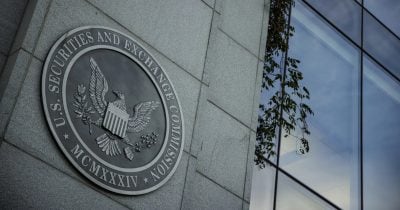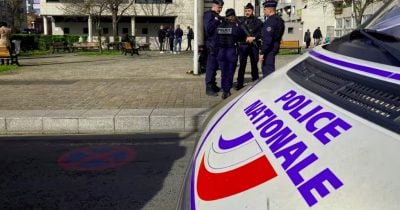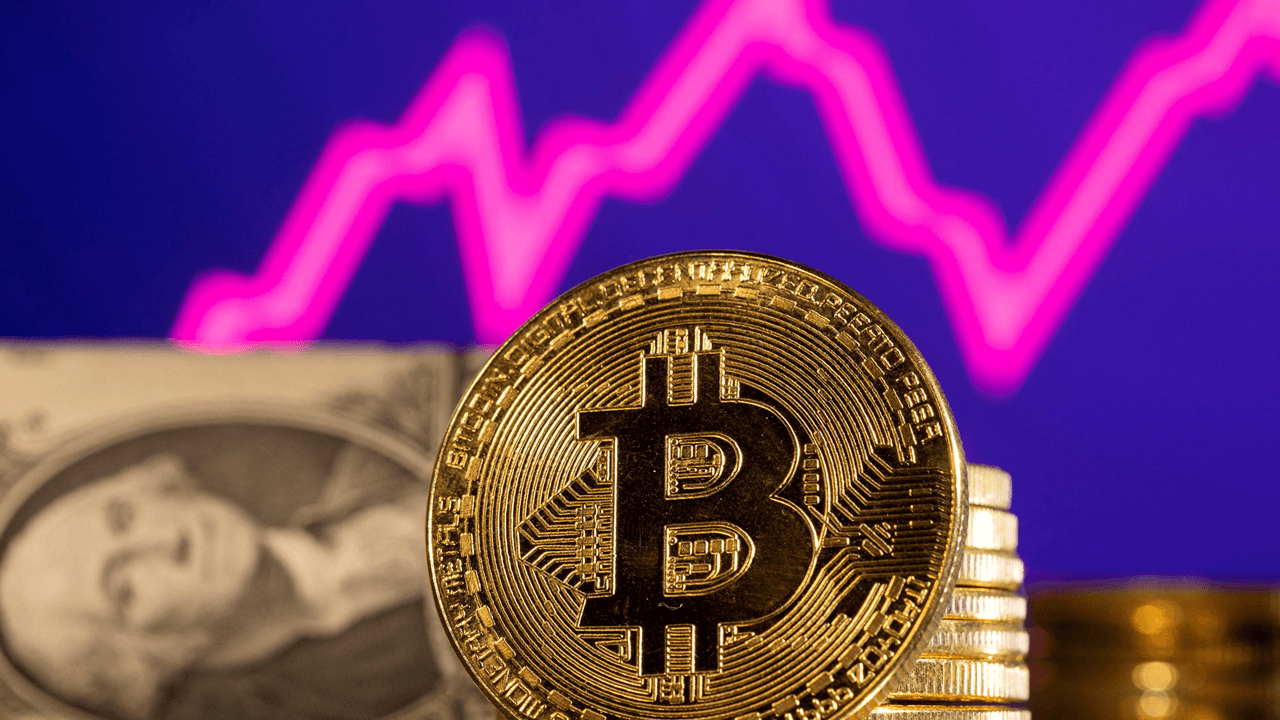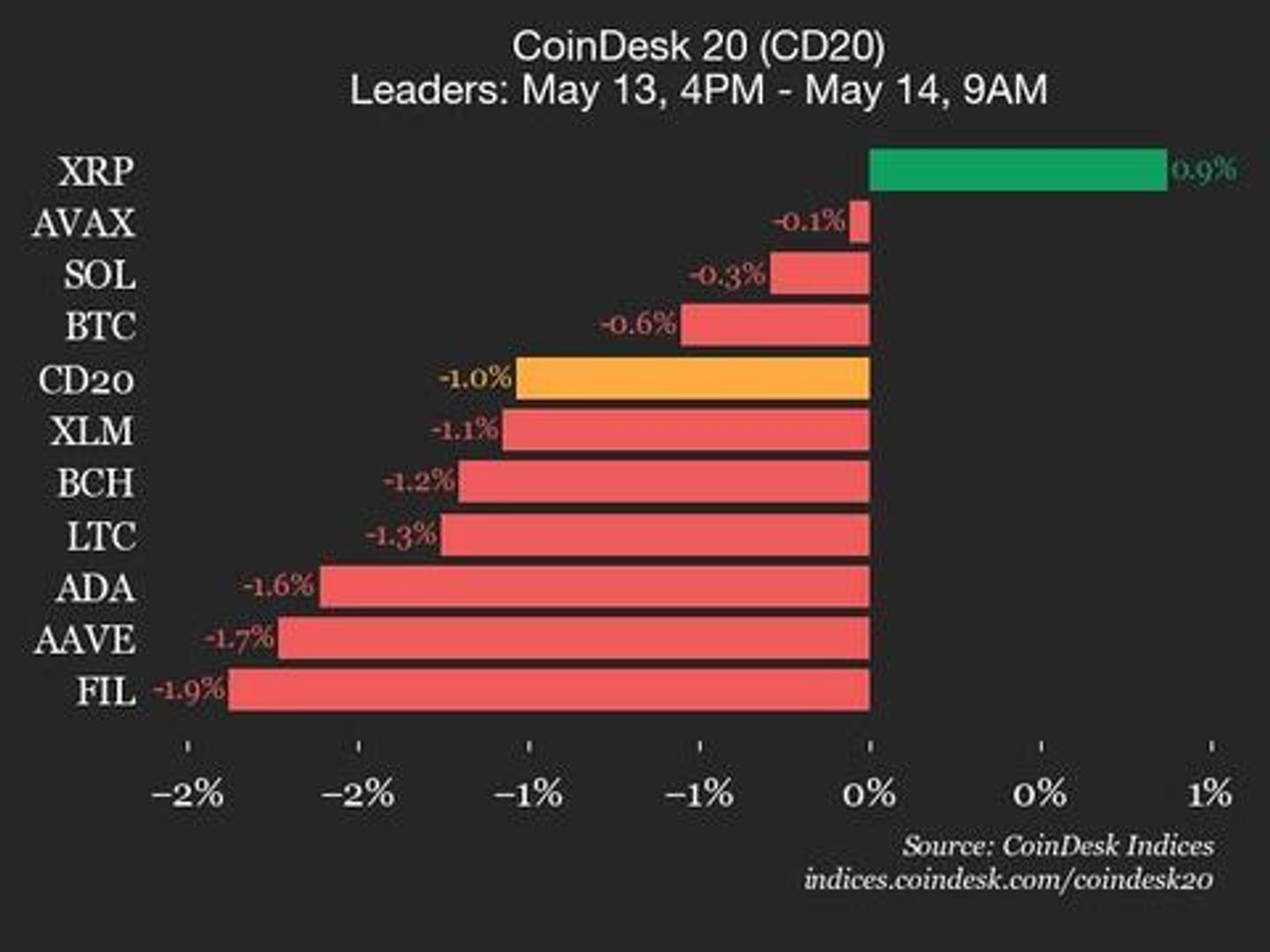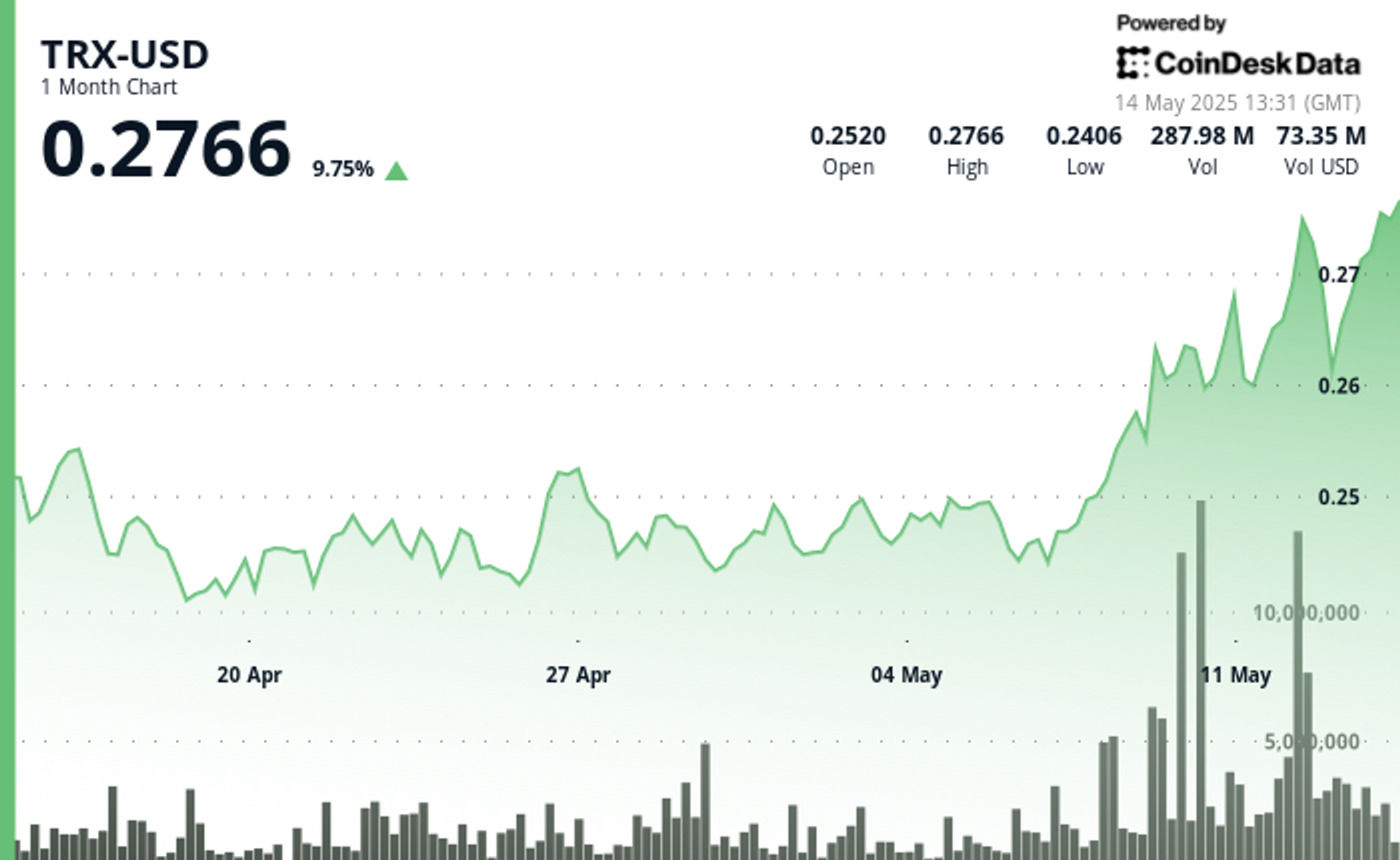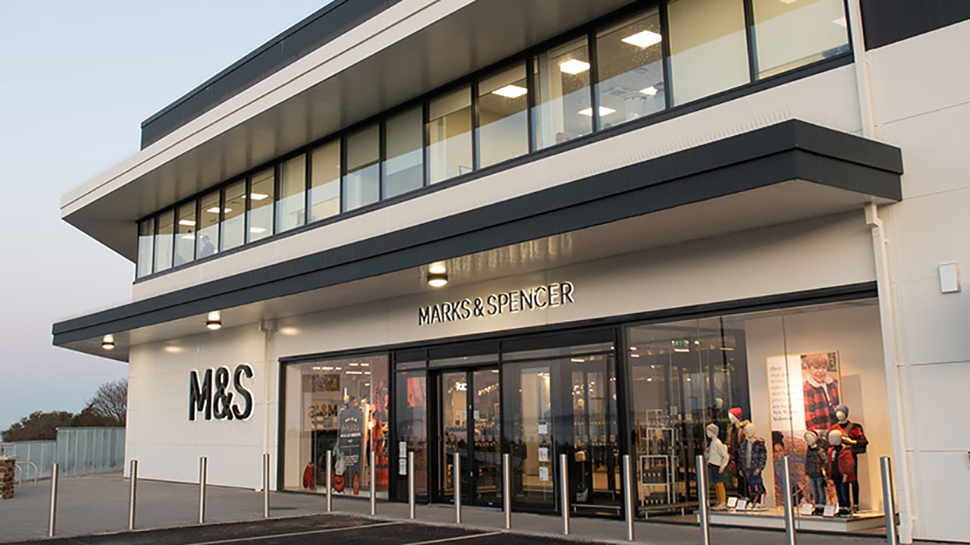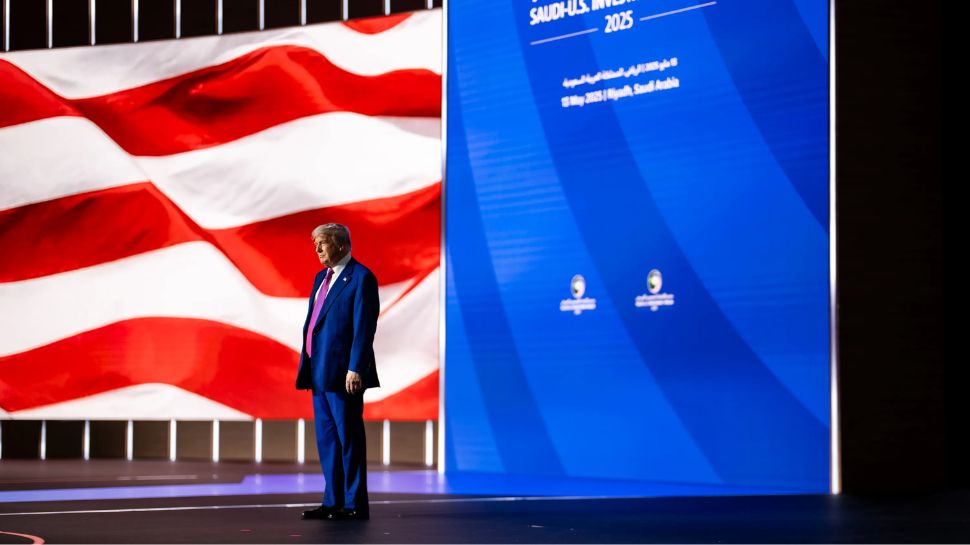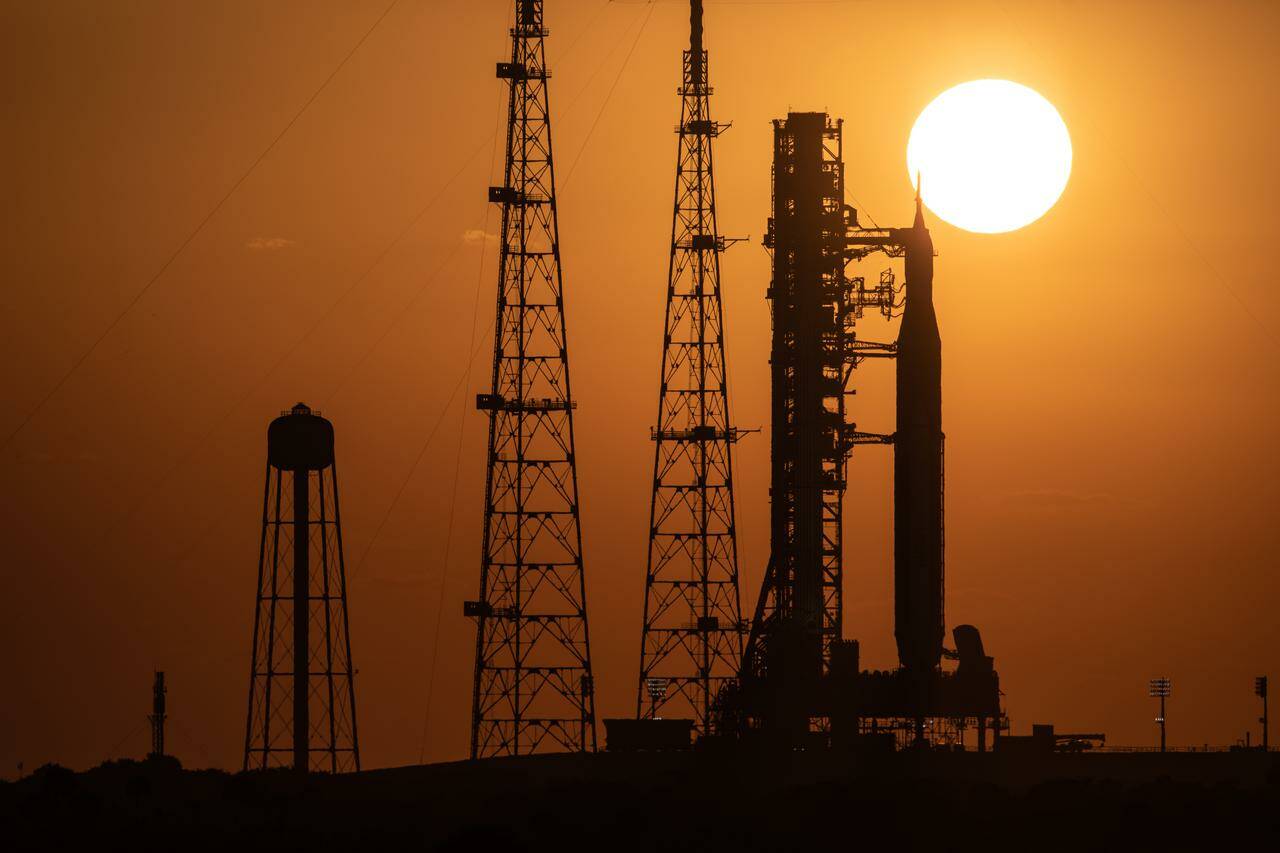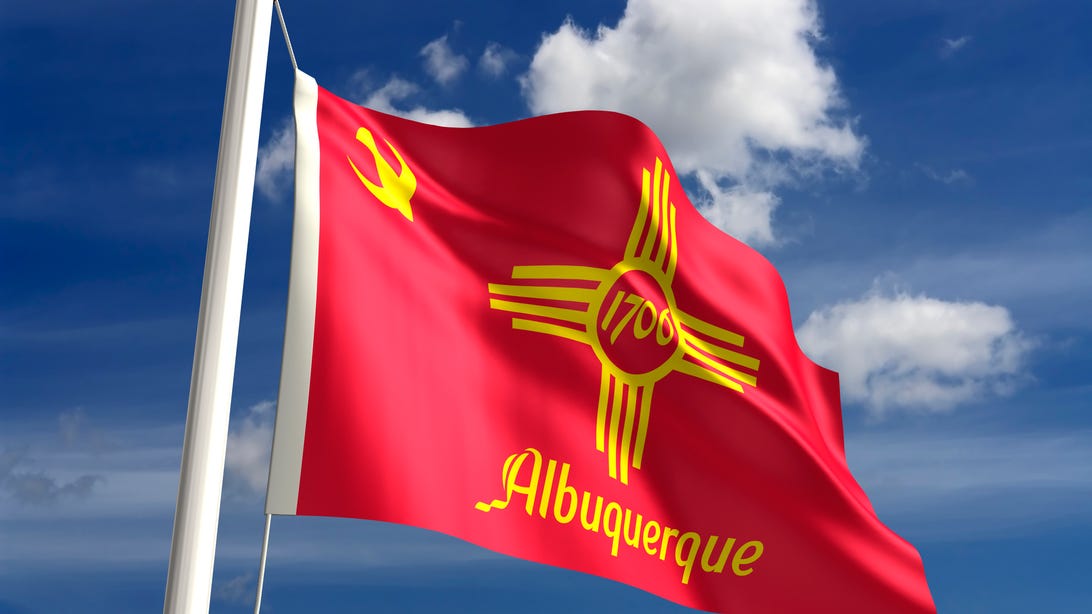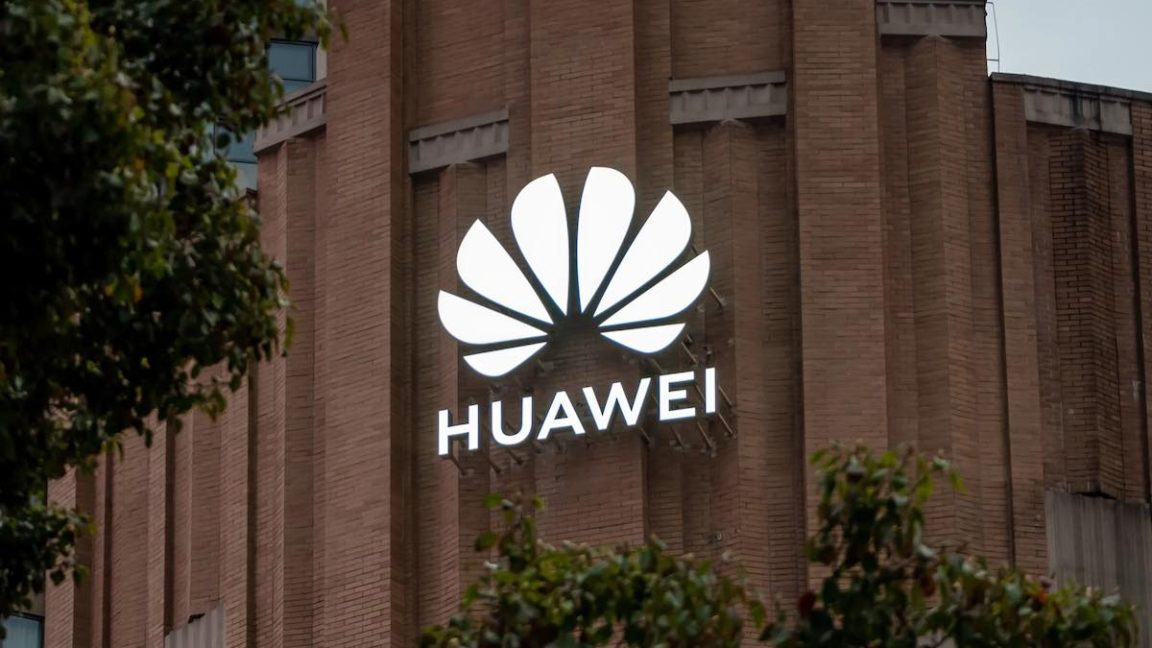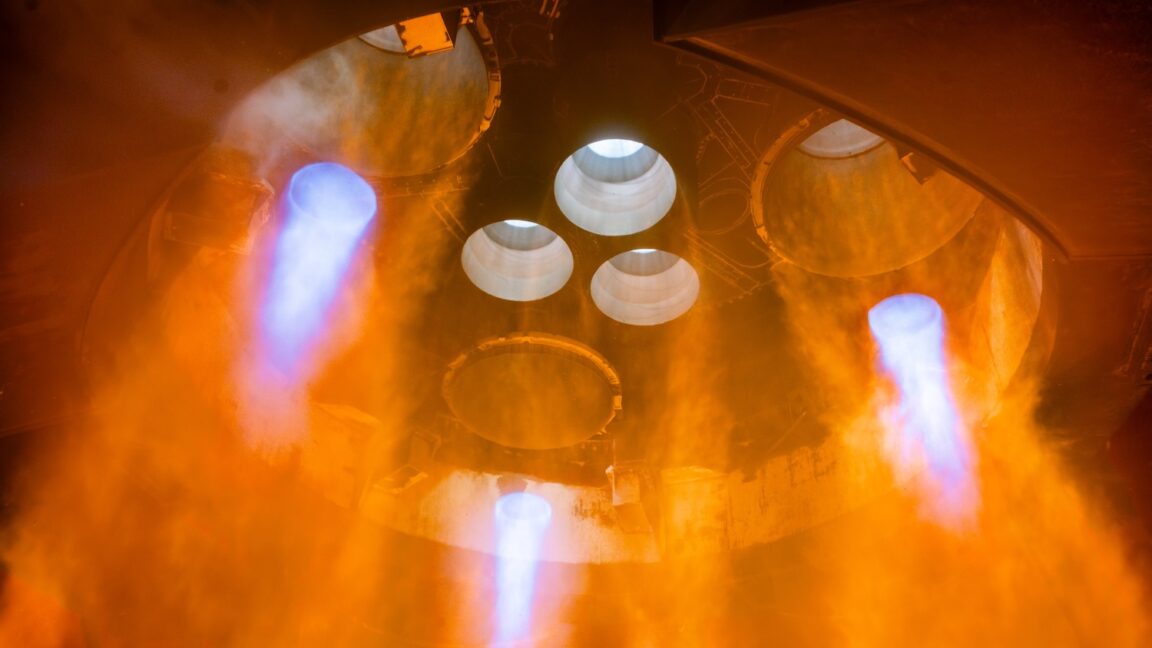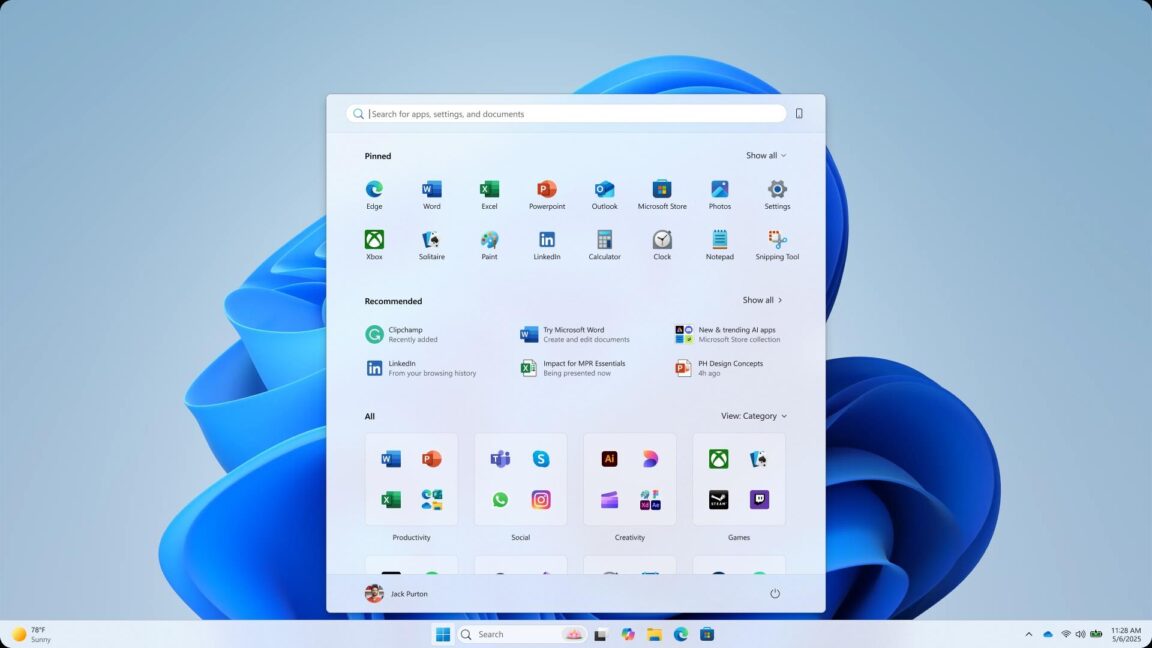Pope Leo inherits a financial mess some CEOs may find relatable—including a pension time bomb that’s worse than expected
Averting a financial crisis “will rank among most pressing issues for the new pontiff,” says Charles Gillespie, PhD, professor at Sacred Heart University in Connecticut.

Pope Leo XIV is facing a Vatican financial crisis—and we just learned how bad it is.
If any institution is too revered to fail, it’s the Vatican. But in terms of money, it’s on the brink. And for the new pope, no role will be more important than that of holy fundraiser.
The late Pope Francis spent much of his final few months, including a good portion of the 38 days on his near deathbed at Gemelli Hospital in Rome, issuing alarms on the fast-declining state of the Vatican’s finances, and naming a new commission to raise money from the faithful. Indeed, it’s well-known that the Vatican’s been running big budget deficits for decades, and the shortfalls—as well as the scandals that have sapped the treasure sustaining the sacred seat of power for the world’s 1.3 billion Catholics—have persisted despite Francis’s valiant campaign for reform.
But numbers made public in the past five weeks reveal that a well-known but little-understood and shadowy problem, the hole in the Vatican’s pension fund, is far worse than previously believed. Indeed, in his final days, Francis warned of a big "imbalance" for the account, but didn't provide specific figures. The late pope insisted the problem needed immediate attention. Now we're getting a closer look into just how dire, how urgent, and how un-providential it really is.
On April 7, The Pillar, a Catholic news and investigative journalism website, posted a deep dive into the pension fund’s status that provided stunning new details. The reporting, based on “internal Vatican financial reports" obtained by The Pillar, cites a 2015 document issued by the Secretariat for the Economy formed by Pope Francis a year earlier as the first organization ever to oversee all of the Vatican’s finances. The Secretariat disclosed that the pension plan harbored a “funding gap” of “at least” $800 million to $900 million (at today’s dollar-euro exchange rates). The Secretariat also stated that health care costs were escalating at a “non-sustainable” pace and exceeded expenses for “comparable Italian health funds” by 50%.
The briefing continued to say that Pope Francis and the Vatican, over the following two years, pretty much did nothing. In an understatement, the Secretariat related that the Vatican “did not include the necessary contributions to balance the pension fund deficit.” Instead, the document noted, the gap by 2016 had mushroomed to over $1.6 billion. Hitting the Vatican is the demographic force inflating pension liabilities in all developing countries. In Italy, the average life span has expanded from 69 in 1960 to 84 today.
In an open letter, the Association of Vatican Lay Workers, the trade union representing around 1,000 employees, charged that though its members are contributing to the fund, the authorities decline to provide any information on its budget. “The accounts should be open for all to see,” the association stated.
According to The Pillar story, the Vatican owns a potential cash cow that could have covered a big part, if not all, of the pension deficiency. It owns an extremely valuable 1,000-acre vacant site on the outskirts of Rome, and in 2015, the financial authorities hatched plans to develop a residential community and high-tech office park combo dubbed the Santa Maria Galeria, slated to open for business around 2018. But following years of inaction, Pope Francis—a strong advocate for green energy—nixed the vision of a money-spinning megaproject, instead designating the property as a “farm” for solar panels, a much lower-income choice. A “senior” Vatican official characterized the stumbling efforts at financial reform in recent years as “an opera that is both a comedy and a tragedy.”
Averting a financial crisis “will rank among most pressing issues for the new pontiff,” says Charles Gillespie, PhD, professor at Sacred Heart University in Connecticut. To reach the promised land, Pope Leo will need immense support from the faithful, and especially from the church’s traditionally largest, and increasingly reluctant and disillusioned donors: wealthy Catholics from the U.S.
The Vatican’s financial trouble
The Vatican actually runs as two big units. The first is the City State, the world’s smallest sovereign nation (120 acres) that employs the protective Swiss guards, runs the courts, provides stores for employees, and operates the Vatican Museum, the world's second most visited home to artistic treasures after the Louvre. Because of strong revenues from tourists gathering to visit the Raphaels and Sistine Chapel, and sale of such souvenirs as special coins and stamps, the City State produces a surplus. It's the second part, the Holy See, that spends far more in operating expenses than it collects in recurring revenue.
The Holy See, or Curia, is the pope’s religious administration that operates everything from foreign diplomatic posts to 16 "dicasteries" or cabinet-like departments that encompass the Secretariat of State and the commission that conducts investigations for naming saints. It collects revenue from hospitals and universities, as well as small contributions from the City State's surplus and the Vatican’s modest investment portfolio that includes more than 4,000 apartments mostly near Rome that generate little net profit due to rent-control regulations. The Vatican hasn’t published a full budget since 2022, but the fragmentary information released from last year shows a Holy See deficit of $83 million; estimates put total spending at around $3.5 billion.
That shortfall comes after the Vatican received $100 million from the Peter’s Pence fund that collects, and invests, contributions from the faithful around the world originally intended for charity. The Vatican apparently plugged the $80-million-plus deficit by selling real estate holdings.
A black mark that’s discouraged potential donors: In the 2010s, a cabal of shady financiers, brokers, bankers, and self-styled analysts ransacked the Vatican on a fraudulent property deal in London, a scam partly orchestrated by the second-ranking person in the Secretariat of State, Cardinal Angelo Becciu. The highly publicized catastrophe cost the Holy See around $150 million. At one point Becciu, who was convicted and sentenced to prison by the Vatican court along with several other defendants, disclosed that the Secretariat took the funds from the Peter’s Pence reserves, in other words, money provided by everyone from wealthy Catholics to ordinary parishioners.
In a sideshow to Pope Leo XIV’s election, Becciu, though he didn’t exactly crash the conclave, showed the gall to declare that he’d like to vote for the next pontiff. Becciu, who’s kept his cardinal’s hat while free on appeal, succumbed to Francis’s order that he not participate, and agreed to sit this one out.
In terms of money, Pope Francis scored by bringing the Vatican’s fragmented finances under central control, and giving top jobs, including leadership of its once-notorious bank, to professional managers. But he whiffed on the budget and pension plan. By dismantling the fiefdoms, Francis gave his successor the tools to finish the job. A big plus for Pope Leo XIV: He’s an extremely seasoned administrator who’s managed big organizations as Prior General of the Augustinian order; as bishop of the Chiclayo, a Peruvian city of 700,000; and in his most recent role as chief of the dicastery that oversees the selection of the world’s 5,500 bishops.
Leo’s also a native English speaker, providing an edge in rallying Americans to open their wallets, and he’s fluent in Spanish and Italian as well. He’s a math major from Villanova University outside Philadelphia, and his numbers skills could prove a big advantage in tackling the implosion. In doctrine, Leo’s stance seems reasonably close to Francis’s. Leo is moderately conservative, a positioning that should please the church’s more mainstream, traditional members. He strongly opposes abortion and hasn’t yet expressed whether he endorses or rejects Francis’s ruling to allow priests to bless same-sex unions.
What’s potentially troublesome in terms of money-raising in the U.S.: the new pope’s frequent criticism of policies championed by President Trump and Vice President JD Vance. In February, Prevost reposted on his X account a piece from a Catholic publication titled “JD Vance was wrong: Jesus doesn’t ask us to rank our love for others” that took Vance to task. As Prevost, Pope Leo also tagged an article by a Washington, D.C., bishop rebuking Trump for his treatment of Kilmar Abrego Garcia, the Maryland resident deported to a notorious prison in El Salvador. The pontiff's brother John, of Chicago, reinforced the perception that Leo XIV strongly opposes the president’s immigration policies, stating in a recent interview that “I know for a fact he’s not happy with what’s going on with immigration. He won’t just sit back and be the silent one.”
If Pope Leo blasts Trump’s strictures on immigration, it’s unclear if he’ll lose wealthy MAGA enthusiasts or other big potential contributors. But it’s highly possible that the pope’s a much bigger fan of capitalism than his predecessor, and if so, that tilt should provide a plus for fundraising.
In his previous roles, the future pope didn't take a stand on the benefits and shortcomings of capitalism, at least in public. He served successfully under both Marxist and right-wing presidents in Peru as a bishop, but so far has said nothing about which economic systems help or hurt the world’s poor, whose welfare, he pledges, is central to his pontificate. The best clues on his views can be found in the teachings of his role model, namesake, and the first Augustinian pontiff, Pope Leo XIII, who reigned from 1878 to 1903.
In 1891, Pope Leo XIII published a famous encyclical, or guide, to the faithful called Rerum Novarum (“Of New Things”) expressing his views on the duel between capitalism and socialism, and what each meant to the working classes, as the Industrial Revolution gained speed. The pope powerfully backed laws that protect the rights of workers and advocated the establishment of trade unions to replace the “workingman’s guilds abolished in the last century.” But he opposed strikes, believing that they “put the public in danger and stir up disorder.” On free markets, he sounds remarkably modern and prescient. He denounces socialism for “taking away the ownership of property in private hands,” adding that going collectivist "would distort the functions of the state and create utter confusion in the community.”
In his writings Leo XIII avows that “private ownership is in accordance with the laws of nature” and is “the natural right of man,” and that it’s “totally irrational to think the rich and poor are naturally at conflict.” He says that labor and management should “agree freely as to wages,” adding that the government must intervene only when pay or conditions are blatantly unfair. The opportunity to build wealth, he adds, is a great motivator: “Men always work harder and more readily when what they work on belongs to them…[spurring] wealth of the community that brings the poor out of poverty.” Leo even spurns high taxes that rob workers of the fruits of their labor.
In many ways, the writings of the new pope’s hero amount to a modified capitalist manifesto, tempered by deep humanism. If Pope Leo XIV adopts the same public mindset, he stands a much better chance of restoring the financial stability and reputation of one of the world’s great institutions. If he disparages the system that’s created the wealth the Vatican must tap to avoid a cataclysm and restore its mission of charity for the poor, he may follow his predecessors to failure.
This story was originally featured on Fortune.com













